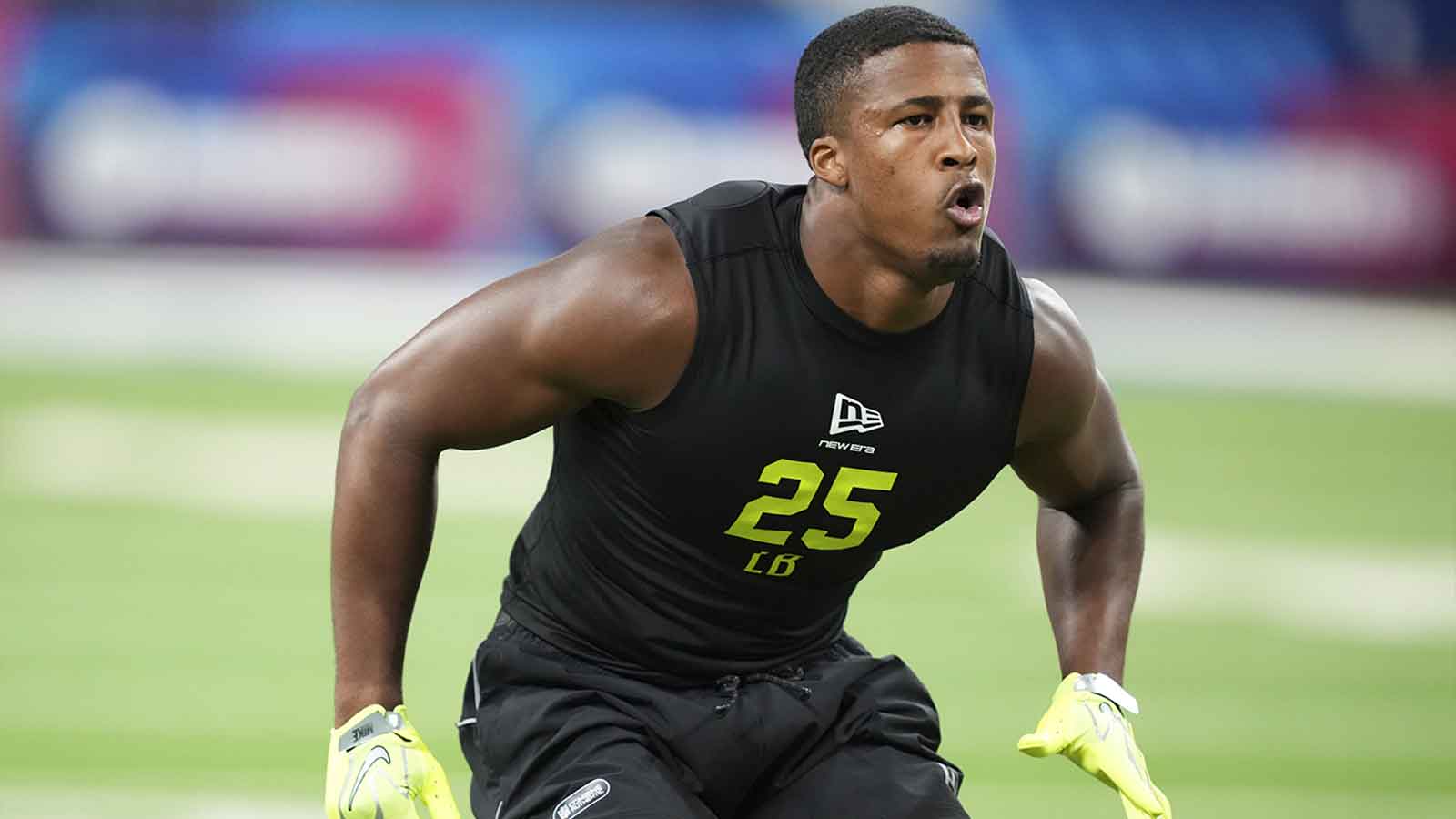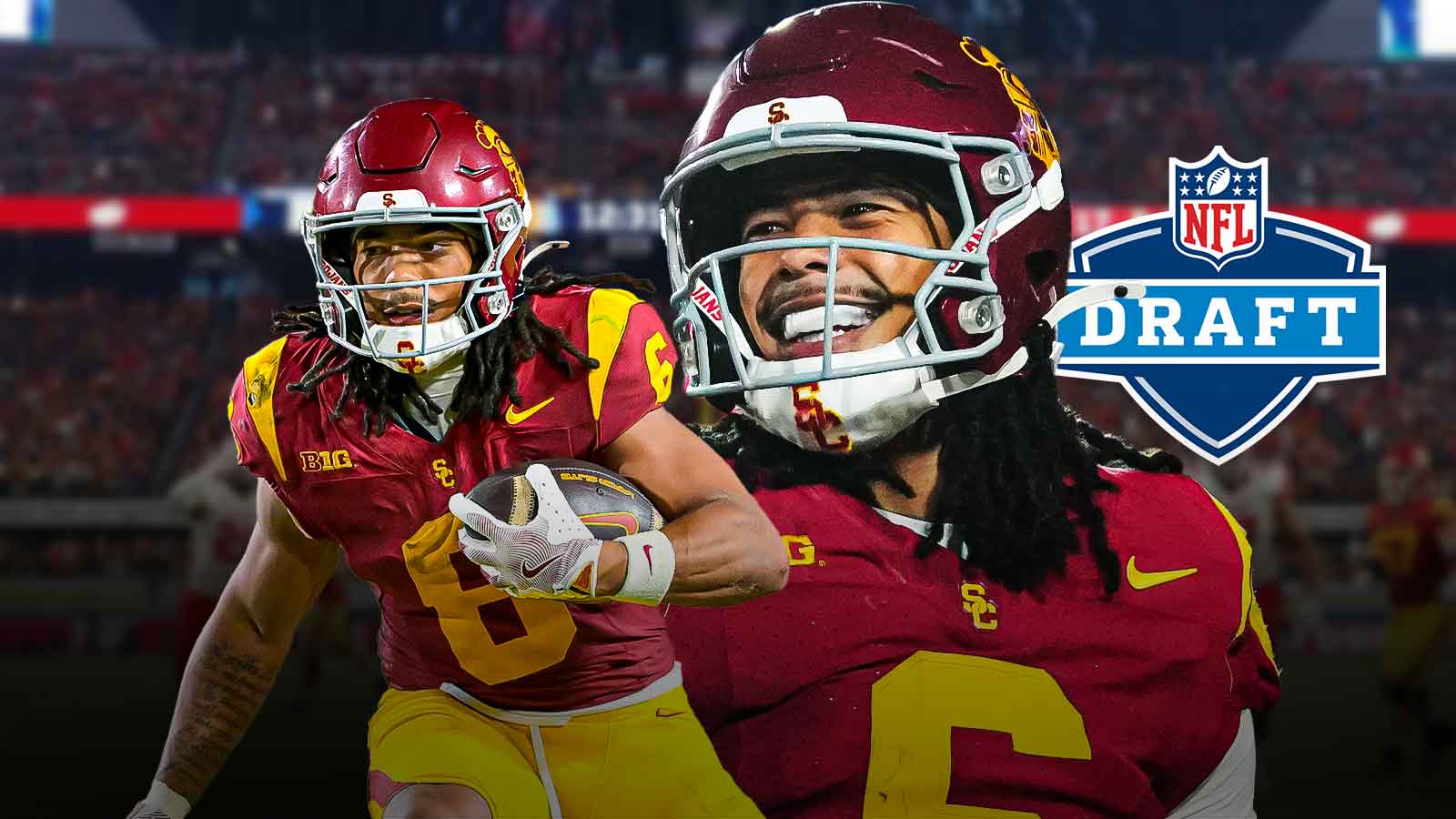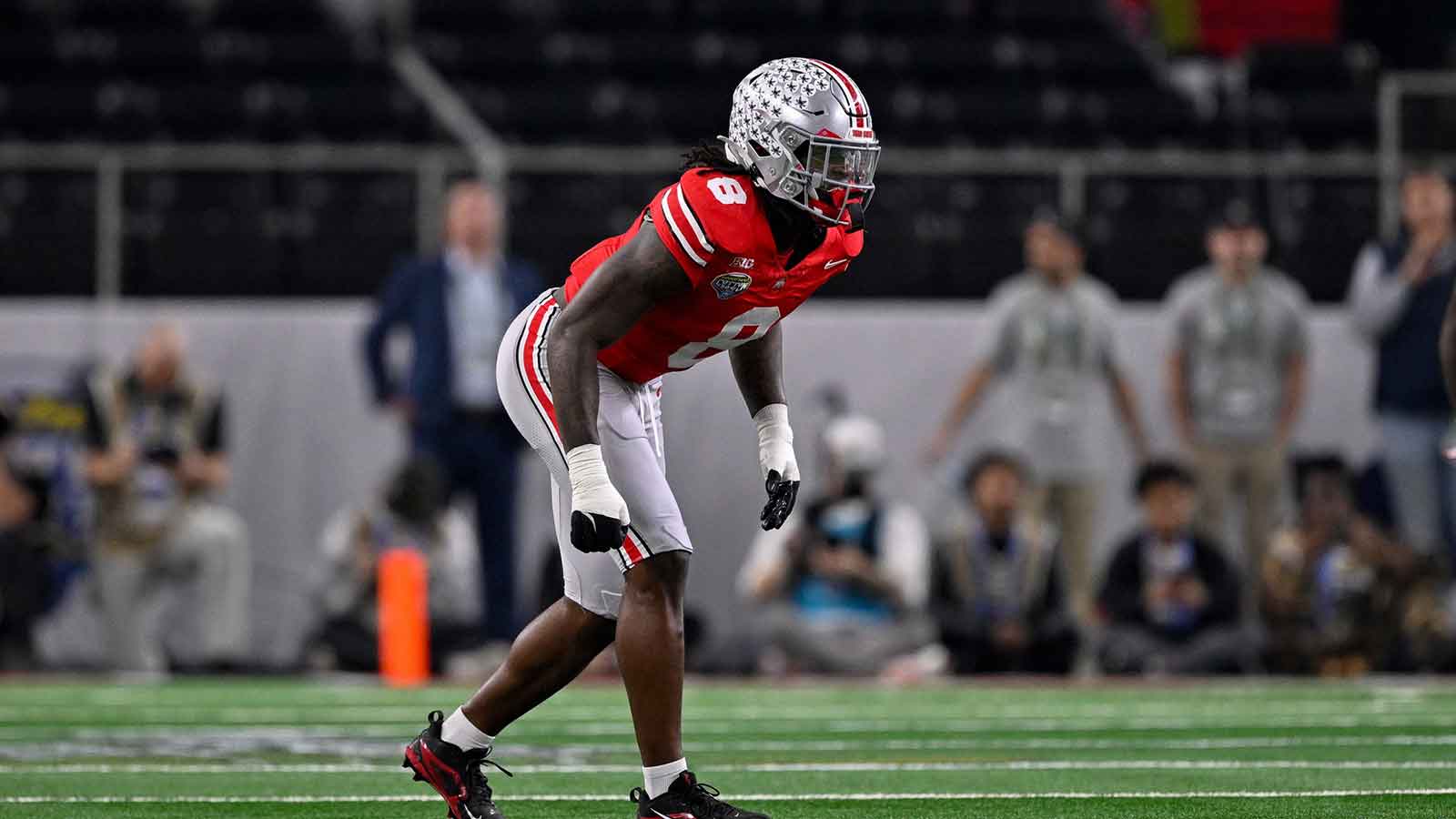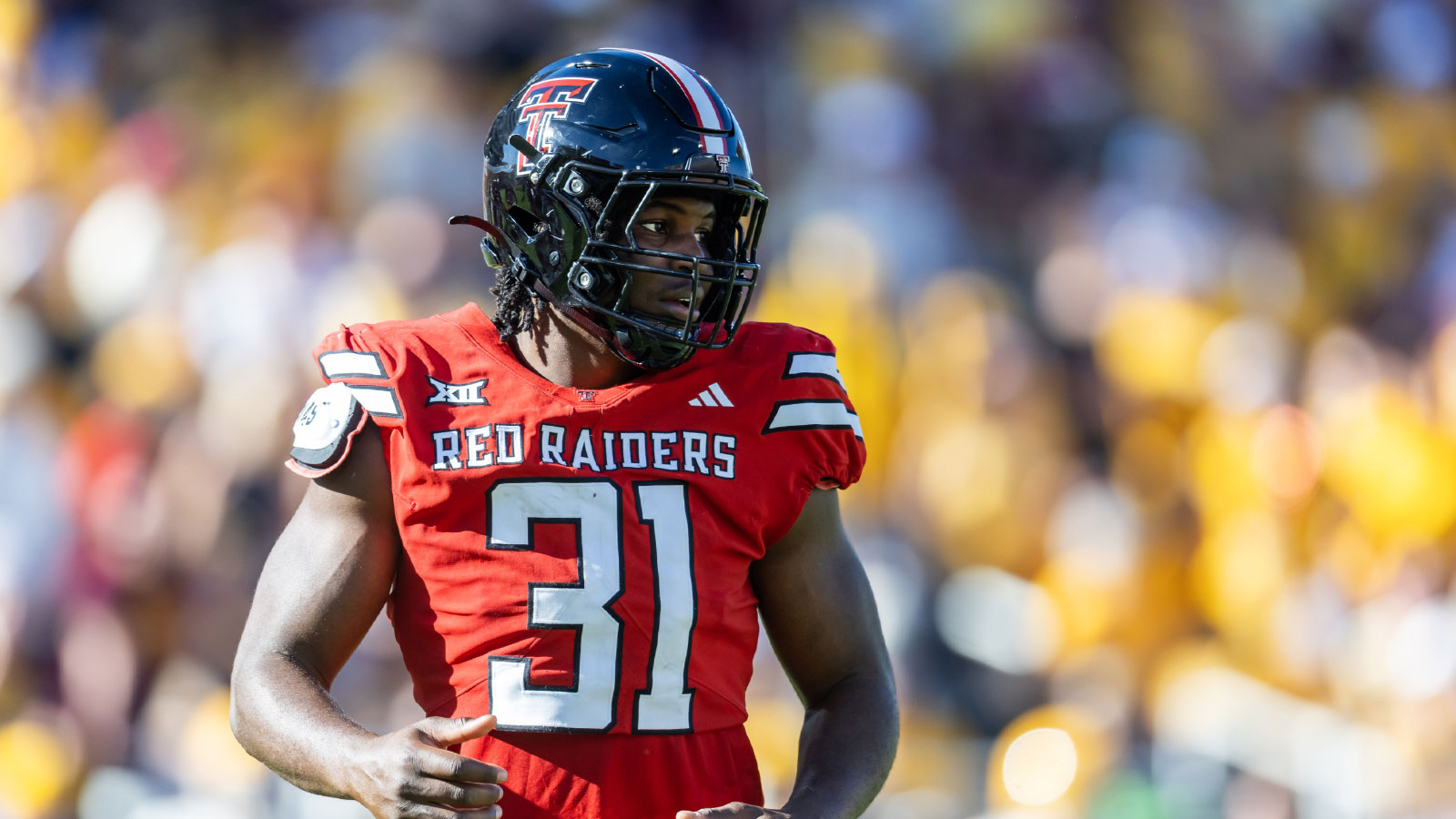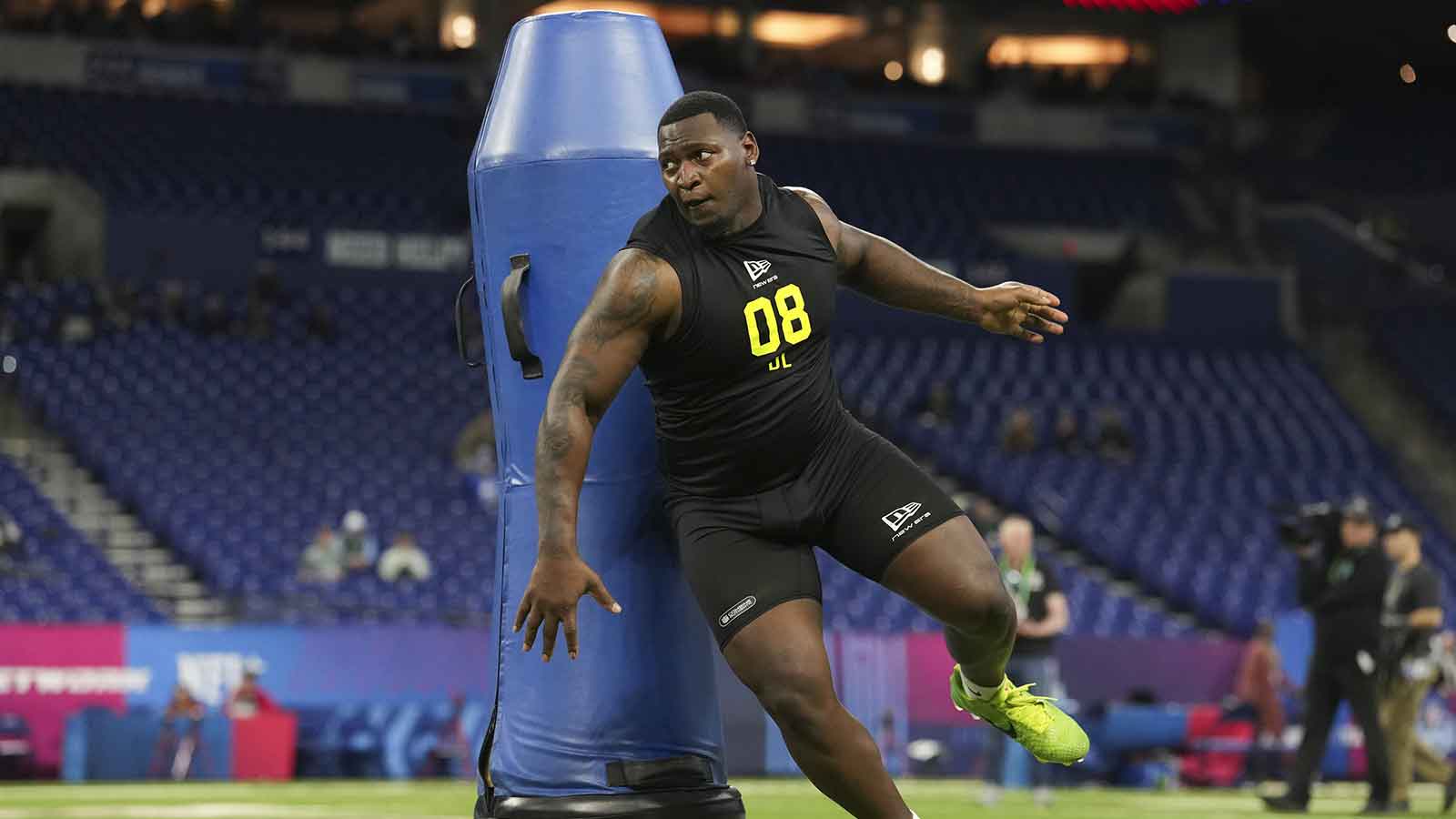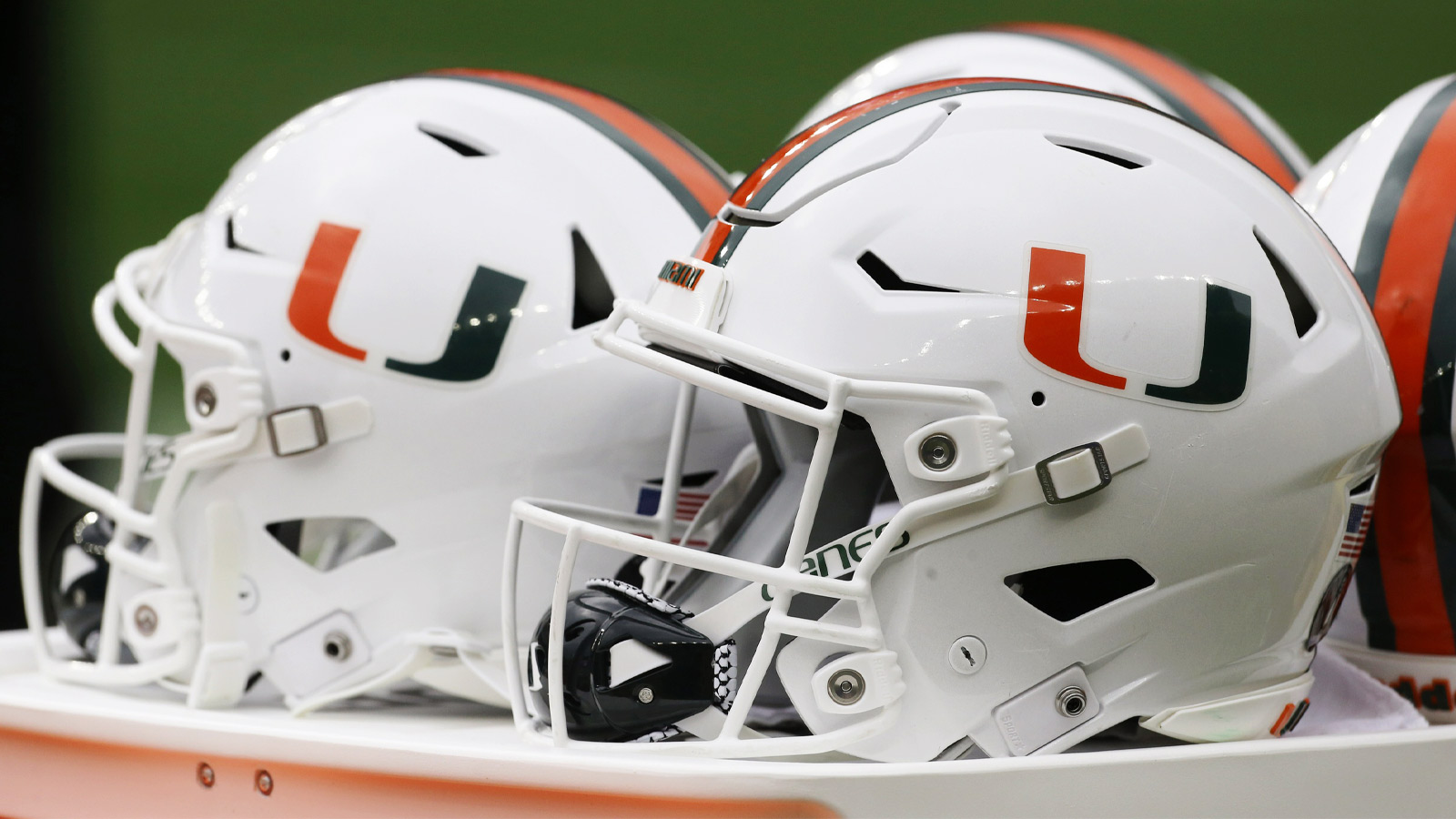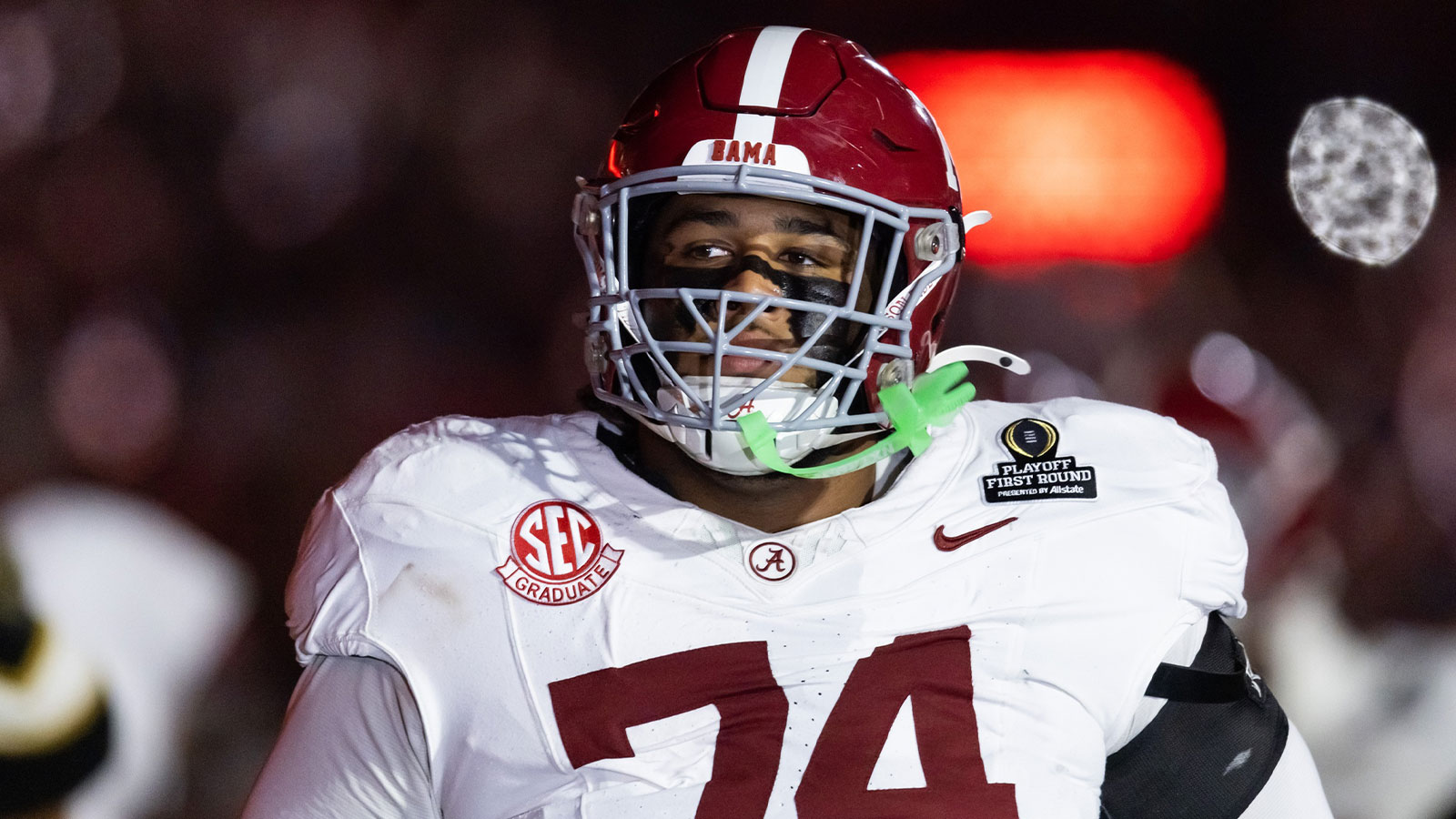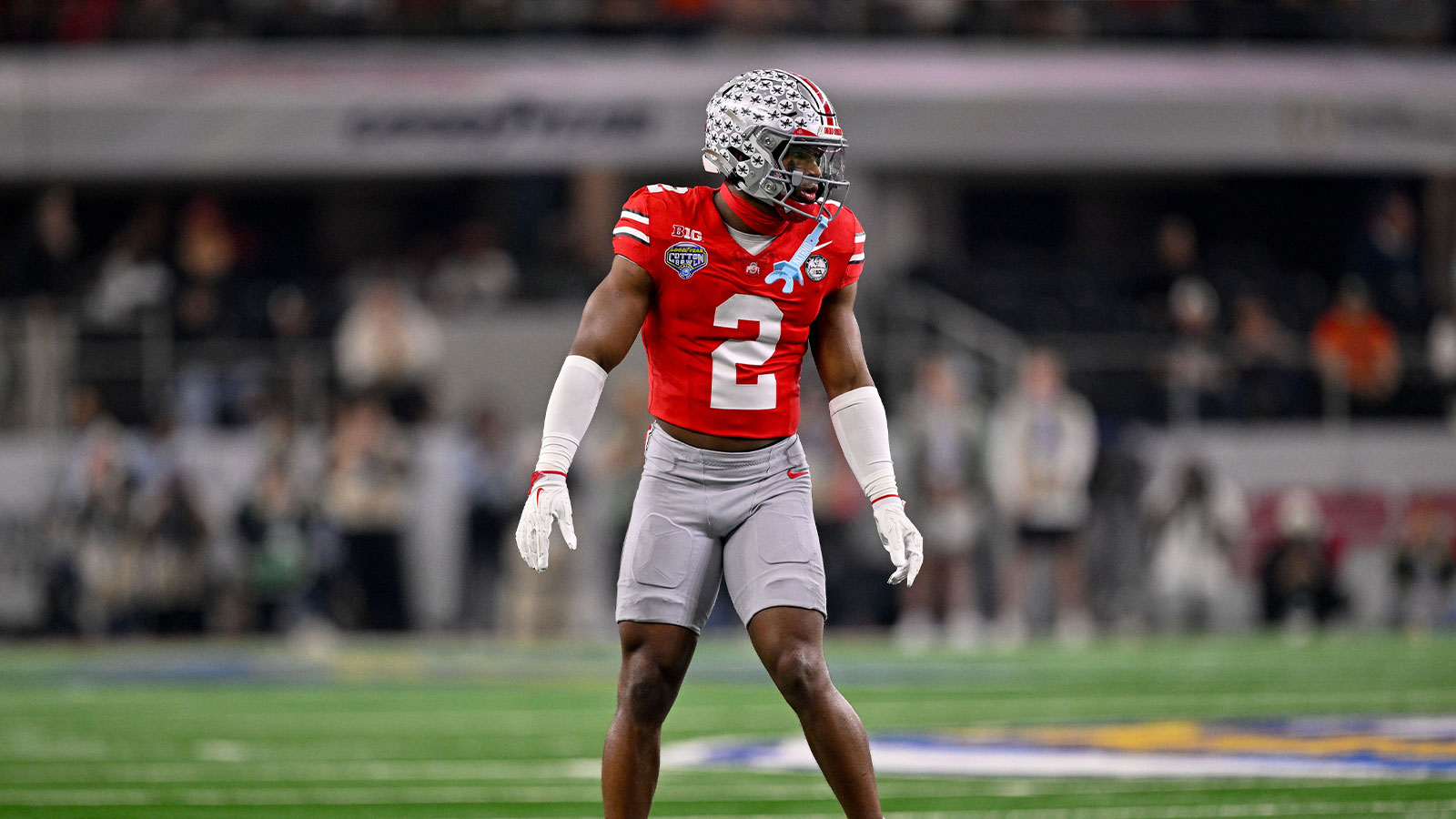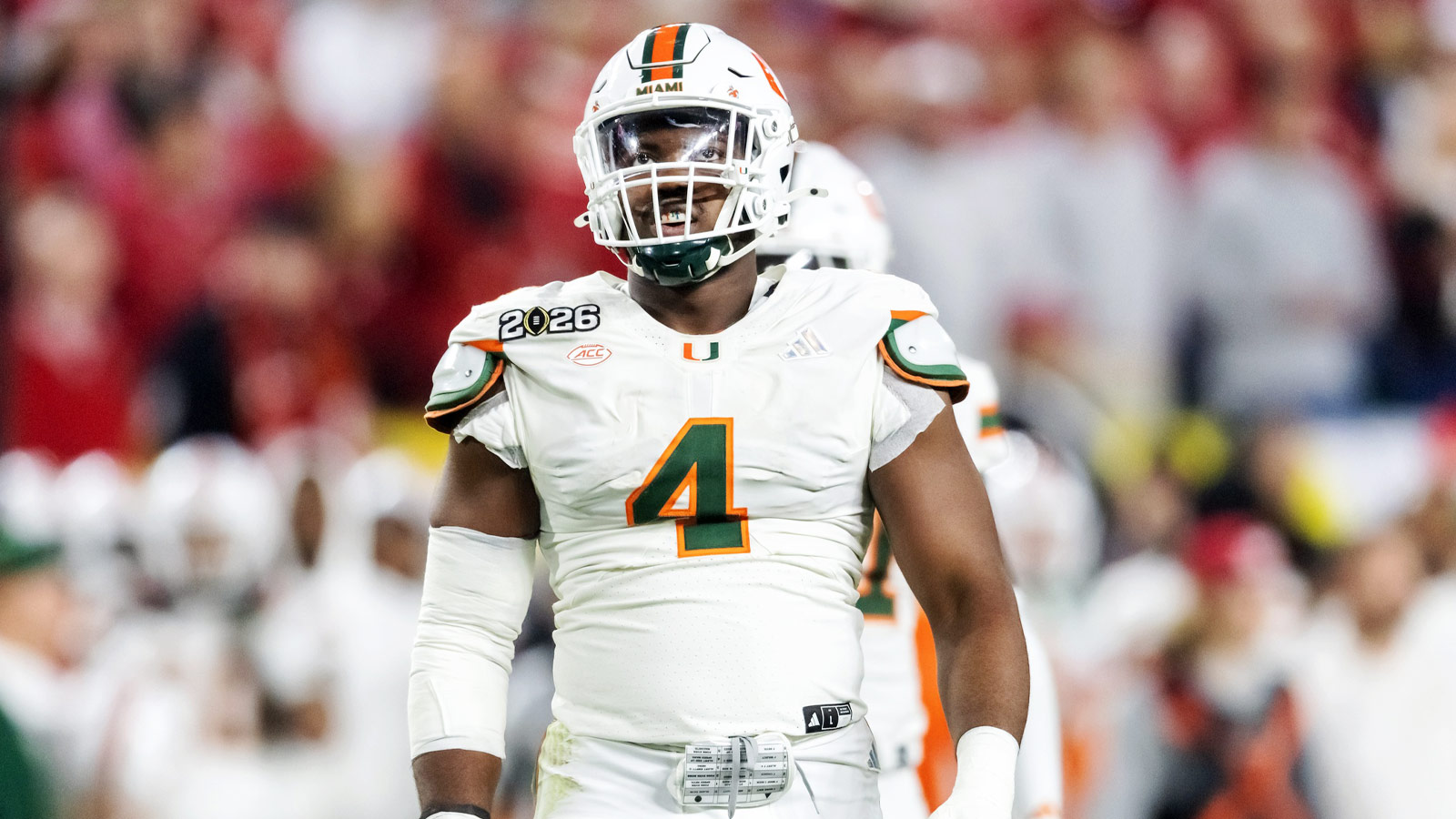Oregon vs Washington was the biggest game of the college football weekend, to date, and arguably the best game of the college football season in Seattle, Washington on Saturday. The Pacific Northwest neighbors Ducks and Huskies took part in an epic back-and-forth shootout that emerged as an instant classic. The Huskies were down late but drove half the field in two plays to retake the lead and eventually held on to the win. The dramatic ending was a perfect way to end a game that will live on for ages.
But, a game of this magnitude is going to have a series of talking points. The main talking point is directed at Oregon head coach Dan Lanning and his decisions to go for it on fourth down numerous times throughout this game. Did it cost his team the game? It's worth examining his decision process even further to see if they were the right moves.
What went right for Dan Lanning and Oregon
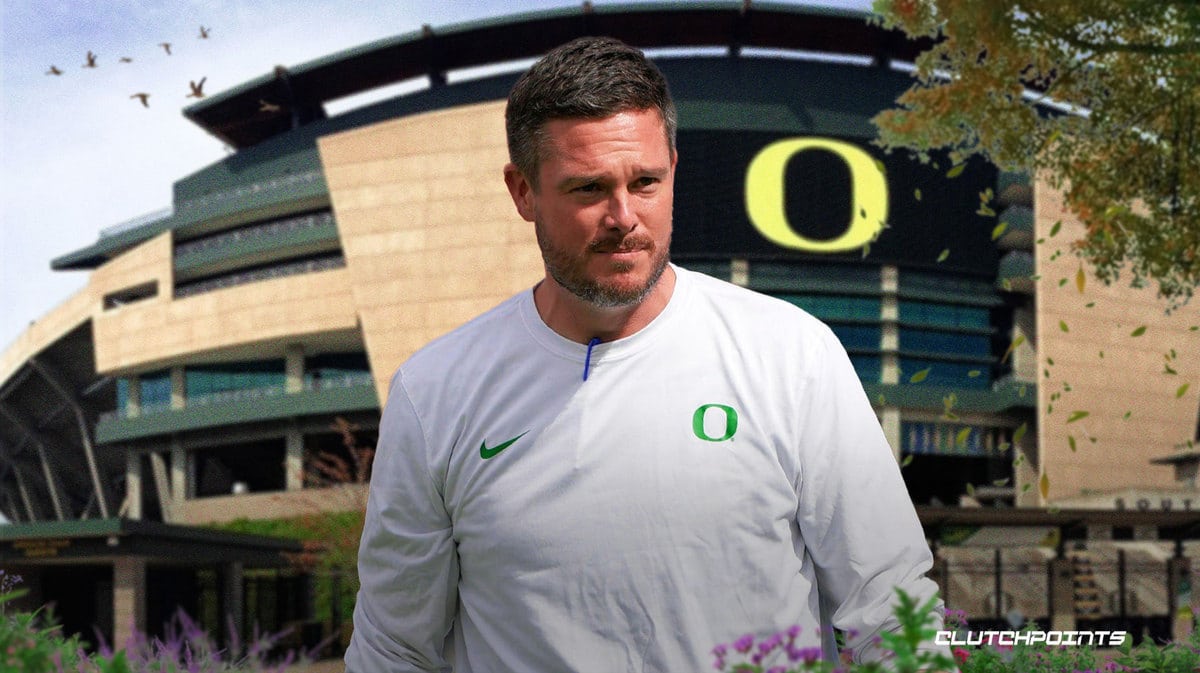
It's worth pointing out that Dan Lanning did make plenty of analytical decisions that did pan out for Oregon. He did not need to go for two after scoring the first touchdown of the game, but he did and the Ducks converted.
Unfortunately, Washington was able to convert their two-point conversion later in the game, but Lanning could've bought himself two free points if the Huskies had not converted. That conversion does not get talked about nearly as often because of the stakes of Lanning's other decisions, but this was a big decision and conversion that could've swung the game in Oregon's favor.
The 4th-down decisions
Oregon had three separate fourth-down conversions they attempted in this football game. Unfortunately, they didn't convert either of them, but the process to go for it was sound on two of the three. In the third quarter down 11, Lanning went for it on 4th-and-3 on Washington's 8-yard line. The play call was sound. If Bo Nix hit his open receiver in the flat the Ducks likely would've converted. Oregon needed a touchdown and it was possible they might not have gotten a better shot at one in regulation. Washington easily could have scored a touchdown after that, and made it a two-touchdown game.
But Washington — stuck with bad field position because of that failed conversion — punted, and gave Oregon the ball back at the 50-yard line. They scored a touchdown in three plays. Even though the Ducks failed on their fourth down conversion, they still were able to capitalize on that decision and get a touchdown out of it.
Lanning's decision to go at the end of the game was very justifiable too. Up four with just over two minutes left in the game, they needed three yards to win the game. Unfortunately, Bo Nix missed an open man. But if they make that play, the game is over and the Oregon football coach is lauded as a genius.
And yet, even with that miss, Lanning still looked good with his decision to go for it. Washington scored in two plays. The intention was to not allow that high-powered offense on the field again to win the Huskies the game. A punt would've done just that without the chance to win the game for Oregon.
Washington would've likely made up the field position in a matter of seconds. That decision was worth the gamble, especially because since Washington scored so quickly, Oregon had another chance to win the game again. The process was sound on this conversion attempt, but the execution wasn't.
The one conversion attempt decision that doesn't look great was the 4th-and-goal at the 3-yard line attempt. Normally a failed 4th-down conversion leaves the other team with bad field position. But this was at the end of the half, and Oregon was slated to get the ball at halftime, so that doesn't matter. They could've turned a four-point deficit into one and got the ball back. Instead, they got nothing and then punted right after halftime. If any decision cost Lanning and the Ducks, it was this one.
Conclusion
Did Lanning's aggressiveness cost the Ducks? Yes and no. He left three points at the end of halftime that were costly. But his process otherwise was mostly sound and correct. Those decisions could've won Oregon the game. He should not be faulted for playing to win rather than playing not to lose. That mentality will pan out more often than not.









